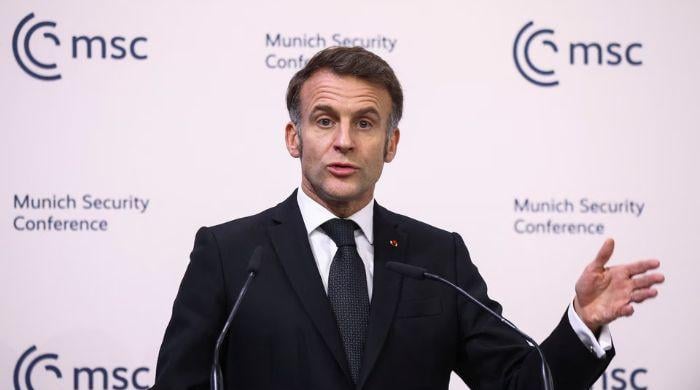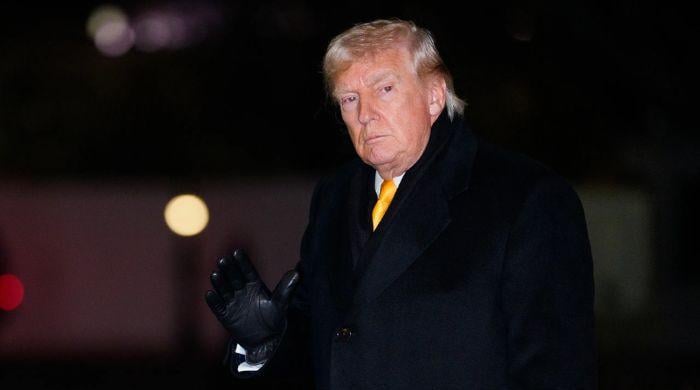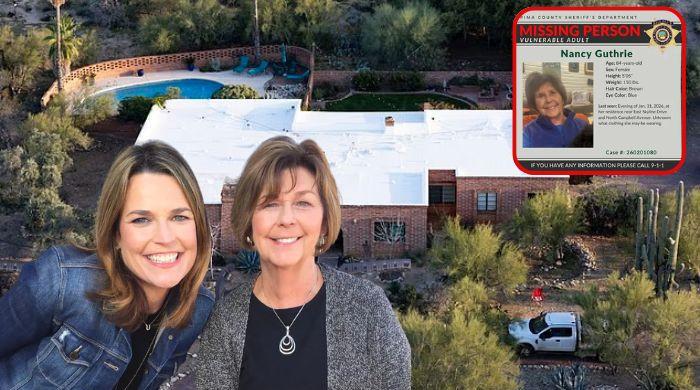COP30: what has been discussed so far?
COP30 summit opens in Amazon, urging world to turn climate promises into action
November 10, 2025
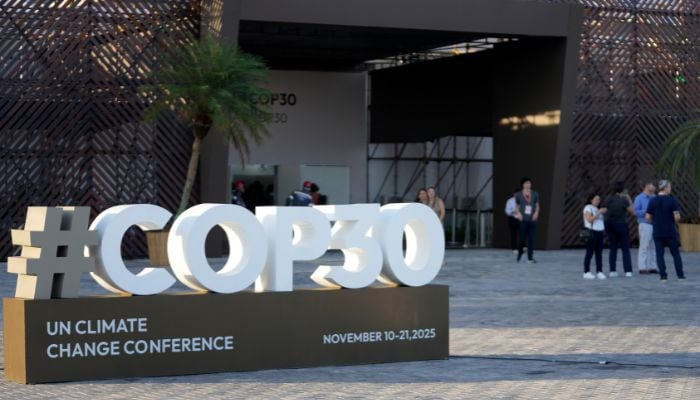
The United Nations COP30 climate summit opened on Monday, November 10, in the Brazilian city of Belém, a symbolic location at the gates of the imperiled Amazon rainforest.
Against a backdrop of record-breaking global temperatures and unfulfilled financial pledges, the conference is being billed as a critical test of global resolve to implement past promises rather than simply make new ones.
This year’s summit, the 30th Conference of the Parties (COP) to the UN Framework Convention on Climate Change (UNFCCC), marks a return to Brazil where the original treaty was signed in 1992.
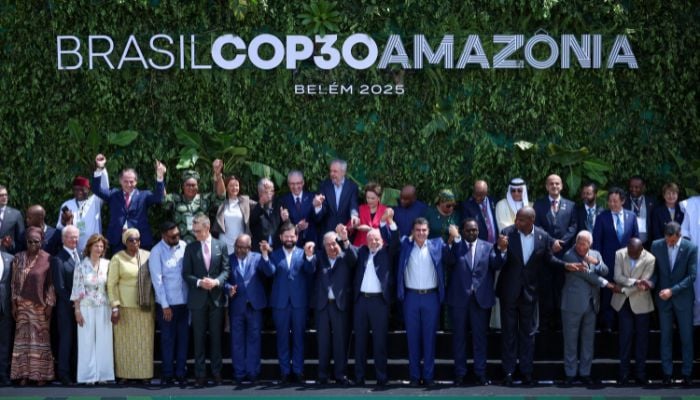
A moment of truth amidst soaring temperatures
COP30 begins with stark warnings from scientists. Global temperatures are now climbing 50% faster than in previous decades, and the world is on track to cross the critical 1.5°C warming threshold around 2030.
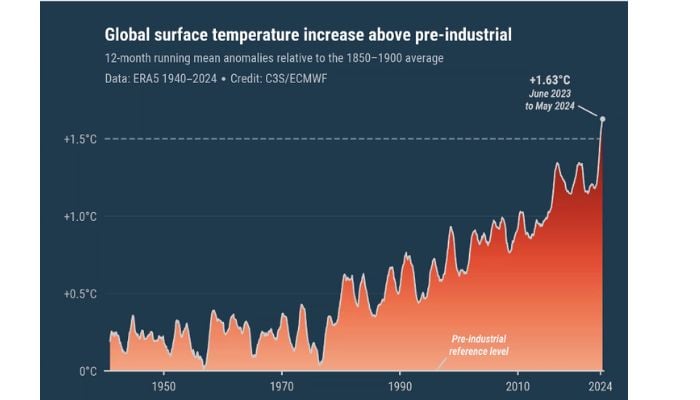
The past two years have already seen temperatures breach this level temporarily, and the impacts are intensifying i.e., faster sea-level rise, catastrophic wildfires, deadly heatwaves costing over $1 trillion in lost productivity, and the looming threat of irreversible climate “tipping points.”
The window of opportunity is closing very fast, as warned at the summit, where close to 95 percent of the countries did not submit substantially ambitious new climate plans before the first deadline.
Critical agendas to be discussed in COP30
The summit will explore a full agenda of implementation under Brazil's presidency.
Closing the ambition gap
The main work consists of inspecting the recent batch of national climate commitments, known as Nationally Determined Contributions (NDCs).
A preliminary UN assessment indicates a desperate deficit i.e., the existing agreements would reduce emissions by approximately 10 per cent by 2035, leaving a 60 per cent shortfall from the 1.5°C target.
The issue facing Brazil is to trace a plausible route from these weak commitments to the required act. Raising Trillions of finance.
Mobilizing trillions in finance
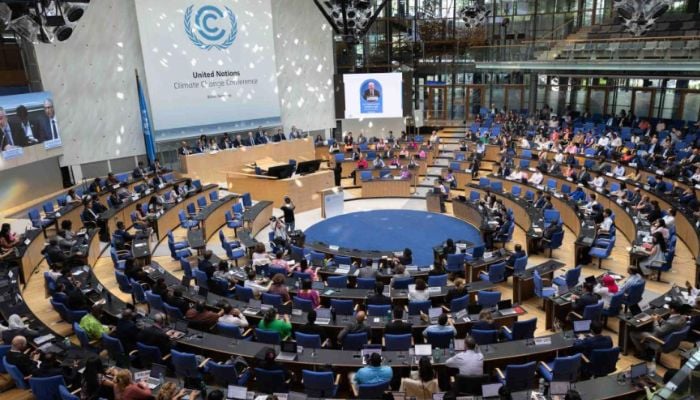
The "Baku-to-Belém Roadmap” which follows the Baku agreement of last year on a 1.3 trillion annual climate finance goal, is a set of more than 50 proposals to bring this sum and these funds together, through both the public and private sectors.
These involve suggestions on levies on fossil fuels and frequent flyers, and debt-for-climate swaps.
The fact that the United States is not engaged, following President Donald Trump's recent promise to withdraw from the Paris Agreement, casts a dark cloud over these efforts, eliminating an essential funding source and political leadership.
Delivering on the fossil fuel transition
This summit has to construct now how to transition away from fossil fuels, following the historic COP28 accord on the same. Most countries fear reopening the debate, as it may undermine the original deal. Brazil can propose a multi-year workshop to draw up the implementation plan, without a tense two-week negotiation.
The “Forest COP” and climate justice
The Tropical Forests Forever Facility is a fund established by Brazil, a flagship project, aimed at raising 125 billion dollars to compensate countries for maintaining available forests.
It has, however, suffered setbacks, with the U.S. refusing to give in and the UK failing to support the hosts, as it has yet to commit to funding.
The first Brazilian Global Ethical Stocktake was also initiated by the Environment Minister Marina Silva.
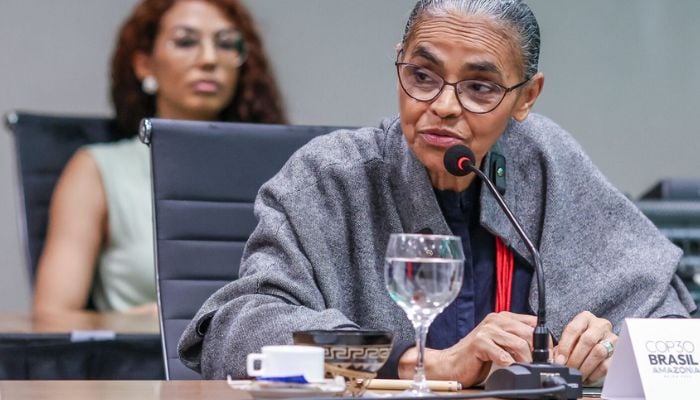
The given parallel process will be grounded in the moral and cultural aspects of the climate crisis and ensure that the voices of Indigenous peoples, women, and the poor are at the center of the debate.
A test for global cooperation
The summit is held in a tense geopolitical situation.
The U.S. is the only country to have left the Paris Agreement, leaving a leadership gap that other countries, such as China and Brazil, are striving to fill.
One of the main aims of the hosts in Brazil is just to demonstrate that multilateralism does not die.
With thousands of delegates, activists, and business leaders in Belem, the picture is clear; the time for negotiation is over.
The world is now in the era of implementation, and the success of COP30 will be measured not by new promises, but by its ability to catalyze real, urgent action on the ground.




